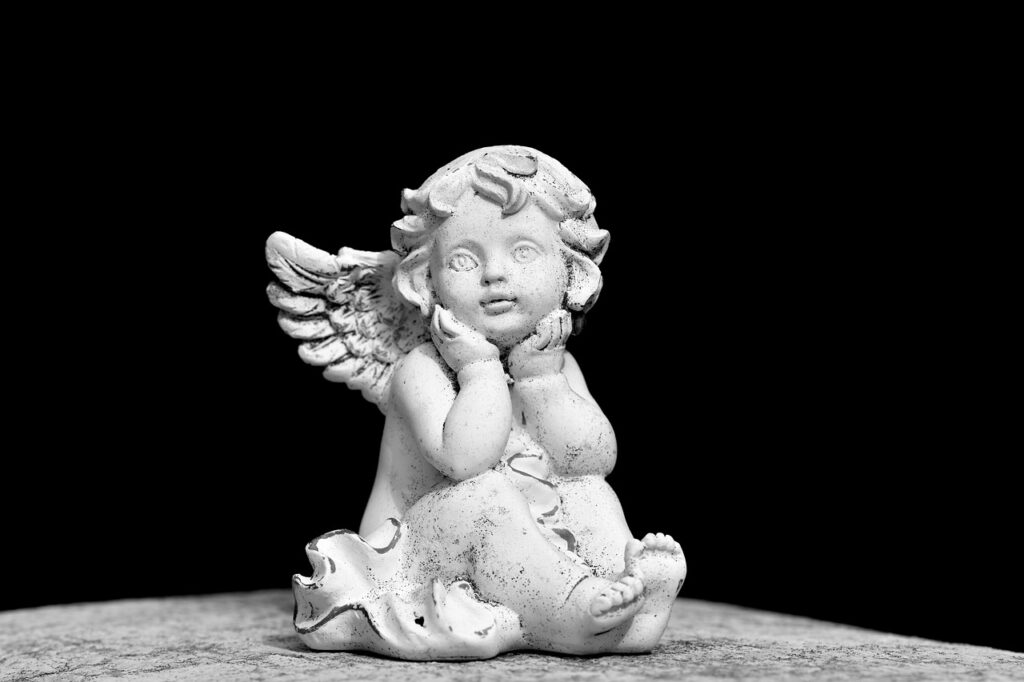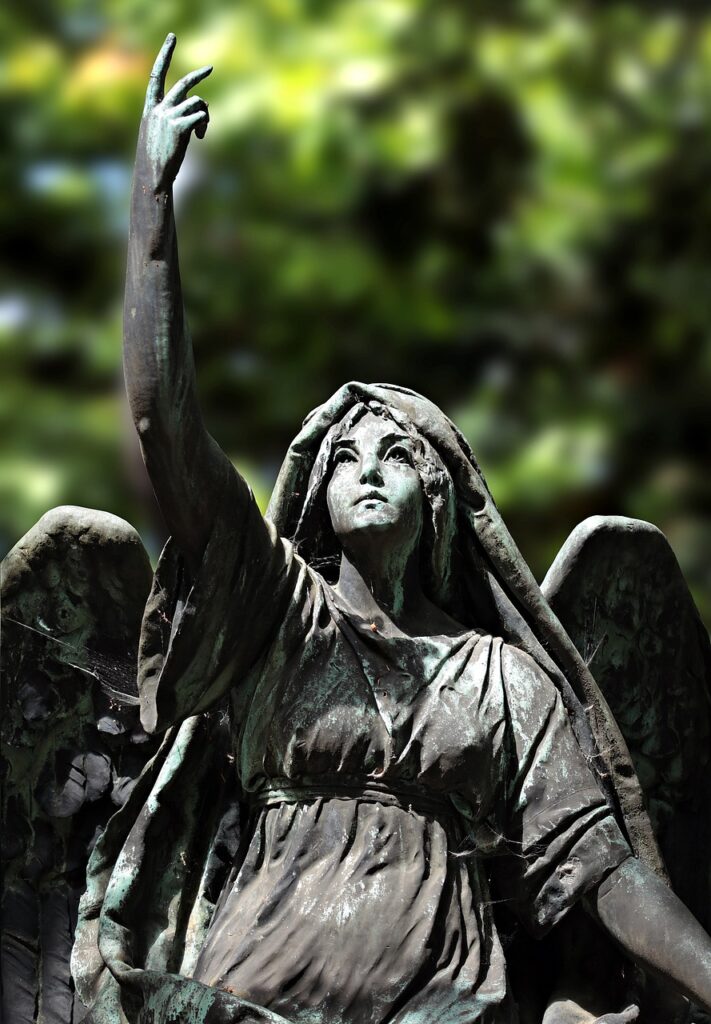
Angels, mystical beings that have captivated the human imagination for centuries, are often depicted as divine messengers, guardians, and intermediaries between the mortal realm and the divine. Throughout history, theologians, philosophers, and scholars have pondered the nature of angels and the extent of their abilities.
One of the central questions surrounding these celestial beings is whether they possess free will. In this article, we delve into the fascinating realm of angelic existence, exploring various perspectives and religious beliefs to shed light on the age-old inquiry of: do angels have free will.
The Nature of Angels in Different Belief Systems
Before delving into the question of free will, it is essential to understand the diverse interpretations of angels across different religious traditions.

- Abrahamic Religions (Judaism, Christianity, and Islam): In the Abrahamic faiths, angels are spiritual beings created by God to serve as His messengers and agents of His will. They are believed to be purely good and obedient to God’s commands.
- Zoroastrianism: In Zoroastrianism, angels, known as “Amesha Spentas,” are divine entities who assist in maintaining cosmic order and protecting creation.
- Sikhism: In Sikhism, angels are seen as celestial beings who worship and serve the One Divine Creator.
- New Age and Esoteric Beliefs: In New Age spirituality and esoteric beliefs, angels are often seen as benevolent guides and protectors, believed to offer spiritual guidance and support.
Understanding Free Will
Free will is the concept that individuals have the ability to make choices and decisions independently, unconstrained by external influences or determinism. It implies the power to choose among various alternatives and take actions based on one’s own desires, values, and beliefs.
Angelic Free Will in Abrahamic Religions
In Abrahamic faiths, the concept of free will is typically ascribed to human beings rather than angels. Angels are considered servants of God, carrying out His divine will without deviation. They are seen as beings of pure obedience and devotion, devoid of personal desires or motivations.

Islamic Perspective: In Islam, angels are described as beings that follow God’s commands without question, incapable of disobedience. They are considered to be free from sin and error, completely submissive to Allah’s will.
Christian Perspective: Christian theology also upholds the belief that angels lack free will. Their unwavering obedience is exemplified by the story of the fallen angel, Lucifer, who rebelled against God’s authority and was cast out of heaven, becoming Satan.
Jewish Perspective: In Judaism, angels, too, are viewed as bound by God’s commands, executing His instructions without deviation.
Other Perspectives on Angelic Free Will
While the notion of angels lacking free will is prevalent in many religious traditions, some alternative interpretations exist, particularly in more esoteric or New Age belief systems. These perspectives suggest that angels, while inherently good and devoted to a higher purpose, may possess a limited form of free will.

The Argument for Limited Free Will: According to this viewpoint, angels have the ability to exercise their judgment within the boundaries of their divine duties. They may have discretion in choosing how to carry out their missions or the manner in which they interact with humans.
The question of: do angels possess free will has been the subject of contemplation and debate across various religious and philosophical traditions. In Abrahamic religions, angels are commonly regarded as beings of unwavering obedience to the divine will, lacking personal desires or autonomy. However, in more esoteric belief systems, some interpretations suggest that angels might possess a limited form of free will within the confines of their celestial duties.
Ultimately, the nature of angels remains an enigma, transcending the boundaries of human comprehension. Regardless of whether they possess free will, the belief in angels continues to serve as a source of comfort, guidance, and hope for many, inspiring a deeper connection to the spiritual realm and the mysteries of the cosmos.

Leave a Reply